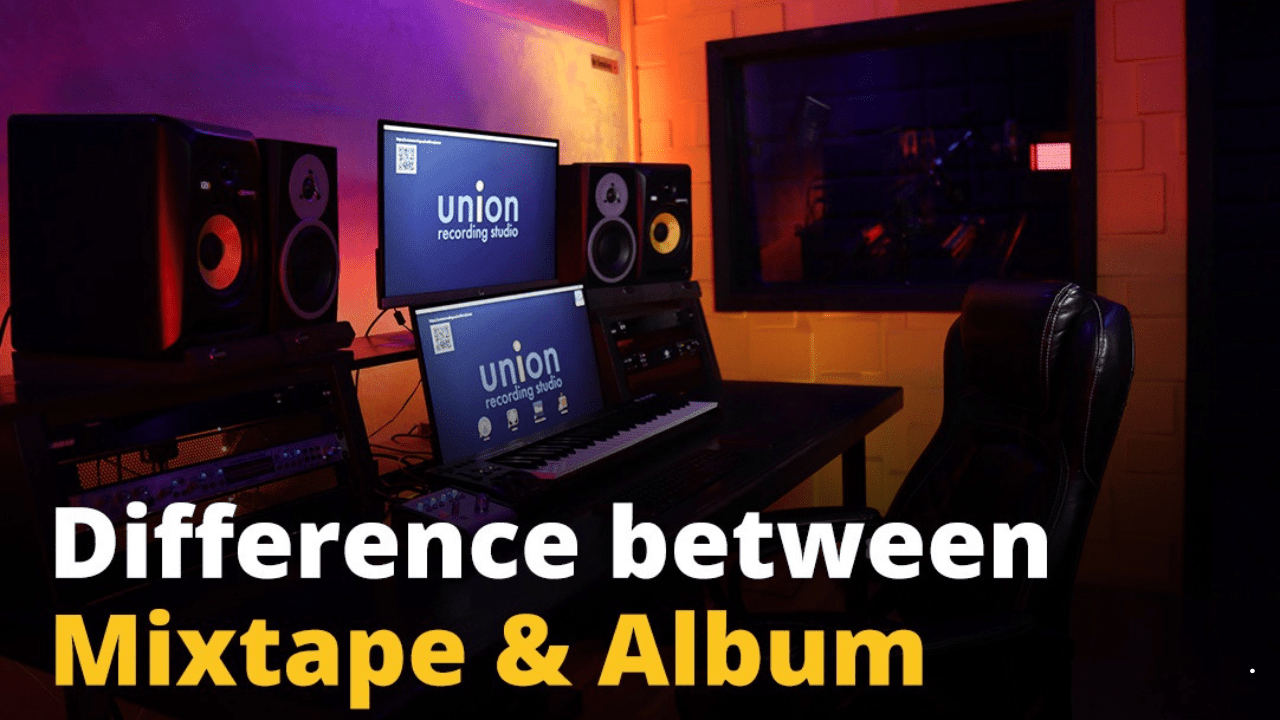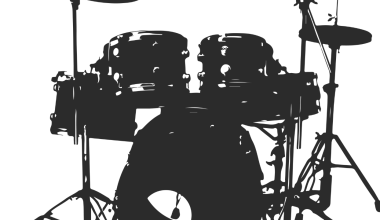In the world of music, the terms mixtape and album are often used interchangeably. However, they represent two distinct formats with unique purposes. If you’re a fan or an aspiring musician, understanding the difference between a mixtape and an album is essential.
Mixtapes and albums have shaped the music industry for decades. While mixtapes often focus on creativity and experimentation, albums are more polished and commercial. Let’s dive deeper into these formats and what sets them apart.
What Is a Mixtape?
A mixtape is a compilation of tracks created by an artist, often without the formal structure of an album. Traditionally, mixtapes were distributed on cassettes or CDs and were a way for artists to share their music informally.
Characteristics of a Mixtape:
- Creative Freedom: Mixtapes allow artists to experiment without the constraints of commercial expectations.
- Lower Production Value: Mixtapes often have simpler production compared to albums.
- Free Distribution: Many mixtapes are shared for free or on platforms like SoundCloud and DatPiff.
- Diverse Styles: Artists use mixtapes to explore various genres and styles.
What Is an Album?
An album is a collection of songs officially released by an artist or band. Albums are typically more structured, with a cohesive theme or story. They are marketed and sold commercially, often backed by record labels.
Characteristics of an Album:
- High Production Quality: Albums undergo professional production, mixing, and mastering.
- Cohesive Theme: Albums often tell a story or revolve around a central theme.
- Monetisation: Albums are sold on platforms like Spotify, iTunes, and physical formats.
- Strategic Release: Albums are part of an artist’s official discography and are promoted extensively.
Key Differences Between a Mixtape and an Album
While both formats showcase an artist’s work, the difference between a mixtape and an album lies in their purpose, production, and distribution.
| Aspect | Mixtape | Album |
|---|---|---|
| Purpose | Experimentation, fan connection | Commercial success, storytelling |
| Production Quality | Lower, more informal | High-quality, professionally mixed |
| Cost to Fans | Often free or inexpensive | Sold commercially |
| Theme | Varied, experimental | Cohesive, structured |
The Evolution of Mixtapes and Albums
Mixtapes in the Digital Age
Mixtapes have come a long way from their early days of cassette recordings. In the digital era, platforms like SoundCloud and YouTube have made it easier for artists to share mixtapes globally. Mixtapes are now a vital tool for emerging artists to gain exposure without the need for a record label.
Albums as a Legacy
Albums remain the gold standard for artists looking to leave a lasting legacy. Iconic albums like Michael Jackson’s Thriller and Beyoncé’s Lemonade are examples of how albums can shape an artist’s career.
Why Artists Release Mixtapes
For many artists, mixtapes serve as a playground for creativity. Here’s why they are popular:
- Fan Engagement: Mixtapes allow artists to connect with fans without commercial pressure.
- Testing New Sounds: Artists can experiment with new styles and gather feedback.
- Building a Brand: For emerging artists, mixtapes are a stepping stone to album releases.
The Role of Albums in an Artist’s Career
Albums represent an artist’s commitment to their craft. They are polished, cohesive, and often reflect the pinnacle of their creativity. Releasing an album involves:
- Strategic Planning: From recording to marketing, every step is carefully planned.
- Global Reach: Albums are distributed on major platforms and reach a wider audience.
- Critical Acclaim: Albums often attract reviews and awards, boosting an artist’s reputation.
The Rise of Hybrid Projects
In recent years, the line between mixtapes and albums has blurred. Artists now release projects that combine the casual vibe of a mixtape with the polish of an album. Examples include Drake’s If You’re Reading This It’s Too Late and Chance the Rapper’s Acid Rap.
Choosing Between a Mixtape and an Album
For artists, deciding between a mixtape and an album depends on their goals:
- Mixtape: Ideal for experimentation, fan engagement, and exploring new ideas.
- Album: Best for storytelling, achieving commercial success, and building a legacy.
How Fans Perceive Mixtapes vs. Albums
Fans often see mixtapes as a more intimate glimpse into an artist’s creative process, while albums are seen as the polished result of their hard work. Both formats are equally valuable in showcasing an artist’s talent.
Conclusion
The difference between a mixtape and an album is more than just technical—it reflects the artist’s intent, the production process, and the purpose behind the music. Mixtapes are about raw creativity and experimentation, while albums represent a polished, cohesive body of work.
Whether you’re an artist planning your next release or a fan exploring new music, understanding these distinctions can deepen your appreciation for both formats.
For further reading, explore these related articles:
- What Does Monetisation Mean on YouTube? A Complete Guide
- Snapchat Music: Enhancing Your Stories with Sound
For additional resources on music marketing and distribution, visit Deliver My Tune.






